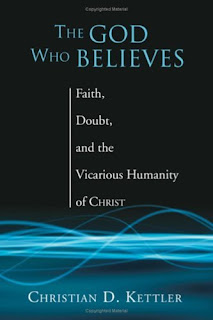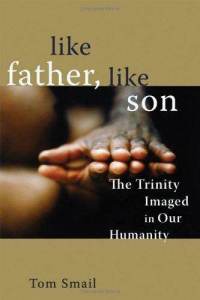The Lion in Exile

Dr. John McKenna Following is a gift to Surprising God readers from Dr. John McKenna, a trinitarian theologian and fellow traveler in the life we share with the Father, Son and Spirit. The Lion in Exile The other night, I dreamt of lions. I am a poor man and I do not think my dreams have any real value. I live in a rented room of a cheap hotel in the hum and drum of a graffiti written city. Dreams are things I throw into the trash, stuff I send down the toilet. I do not spend any more time thinking about them than I spend thinking about breathing. But since the lions, I have begun to change my mind about them. I was walking in a field of high grass and trees and the lions watched me intently, their faces kindly. They surprised me with their friendliness. Do not lions attack and eat us? My room is a barren place, a few pictures hanging on the walls, a cracked mirror above an old sink, a bathroom down the hall. I sleep in it, that is all. I like to walk. I walk most all day ...












